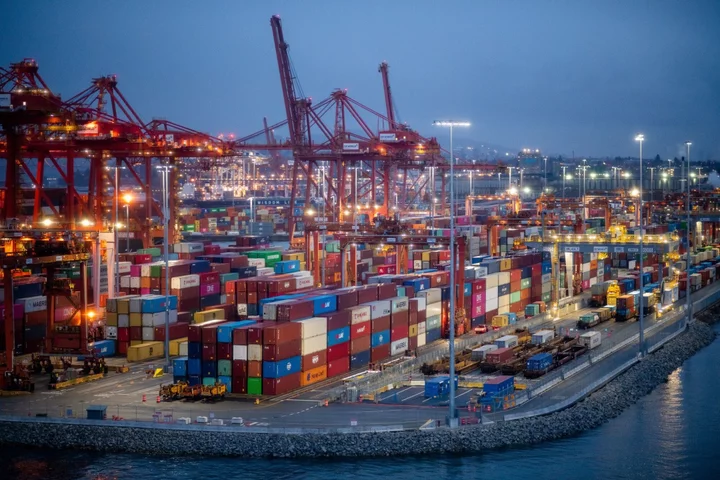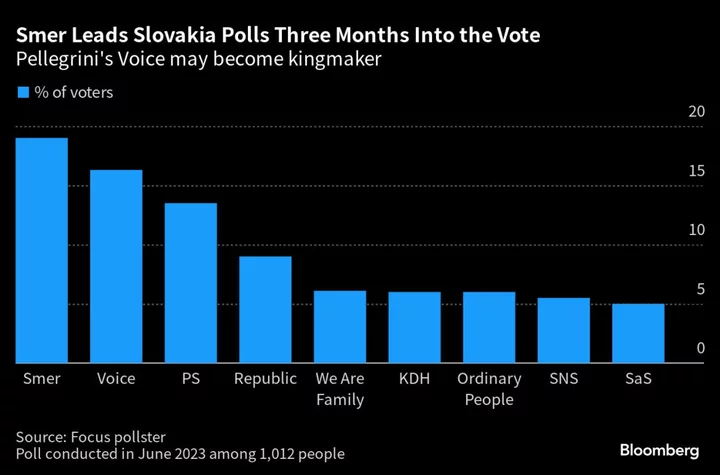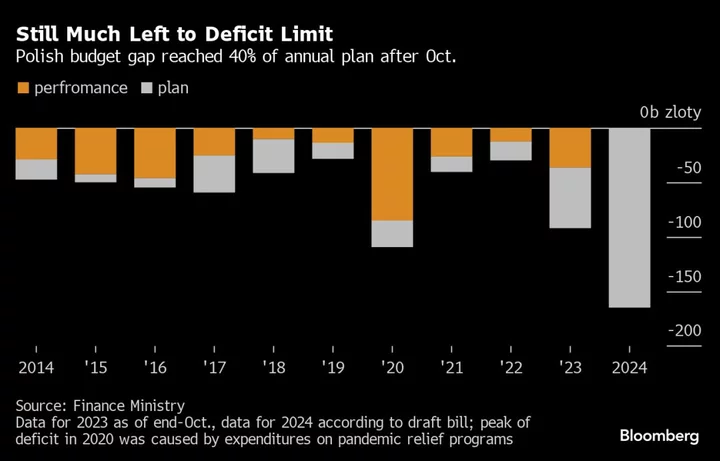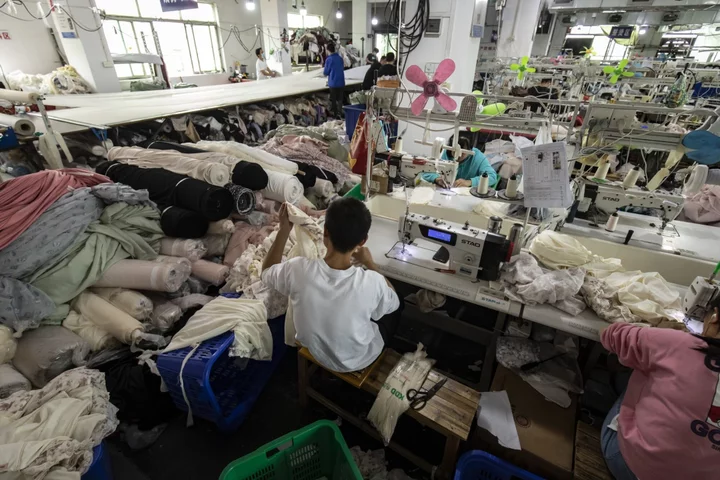A strike at Canada’s Pacific coast ports continued for a second day on Sunday as mediation efforts between the dockworkers and their employers resumed after a pause last night.
Negotiations were halted Saturday evening and resumed this morning, Jenny Oan, a spokeswoman for the British Columbia Maritime Employers Association, said by email. The meeting paused after 33 hours of negotiations, the organization representing dockworker employers said in an update on its website.
The International Longshore and Warehouse Union representing more than 7,000 dockworkers went on strike Saturday morning after federal-mediated negotiations failed. The strike threatens to disrupt millions of dollars of trade and add inflationary pressures to the Canadian economy.
“The Committee intends to reconvene bargaining tomorrow morning, providing an opportunity for both parties to recharge and re-energize in the interest of achieving a fair and balanced agreement as soon as possible,” the BCMEA said.
The strike affects activities at maritime hubs in British Columbia, including the Port of Vancouver and Port of Prince Rupert, the country’s No. 1 and No. 3 busiest. These ports are vital to exports of natural resources and imports of raw materials and food products.
The stoppage shows workers are unbending in their demand to recoup purchasing power lost over the past two years. The unrest is adding to wage pressures and disrupting supply chains, driving up costs for businesses and prices for consumers, while potentially stalling progress in cooling inflation.
Read more: Western Canada Dockworkers Plan Strike July 1 as Pay Talks Fail
A quarter of Canada’s total traded goods flow through these western ports, representing more than C$800 million ($604 million) worth of cargo each day. The disruption will have a knock-on effect to the rest of the economy, Robin Guy, vice president of the Canadian Chamber of Commerce, said in an interview.
“Every piece of Canadian industry if they’re moving products, chances are it’s going through the west,” Guy said. “It’s going to fuel inflation, which is also going to make it harder on the economy and the pocketbooks of everyday Canadians.”
The longer the work stoppage drags on, the more impact it would have on the economy, according to Omar Allam, a global trade adviser and former Canadian trade official. In 2021, a strike at the Port of Montreal, Canada’s second biggest, led to a loss of up to C$25 million per day, and this strike would have a bigger impact due to the scale of disruptions.
“There’s a lot of stake here, and there’s a lot of leverage that dockworkers have at the negotiating table,” Allam said. “History shows that these negotiations are frequently difficult, and it includes service disruptions that could really impact supply chains and delivery schedule.”
The union announced their intention to strike earlier this week after talks with employers for a new contract failed, saying it “has run out of options at the bargaining table.”
The ILWU and BCMEA — which represents about 49 waterfront companies and terminal operators — have been in talks since February to renew a collective agreement to replace the old one that expired March 31.
(BCMEA clarifies that mediation has resumed in first, second paragraphs.)
Author: Randy Thanthong-Knight and Robert Tuttle









